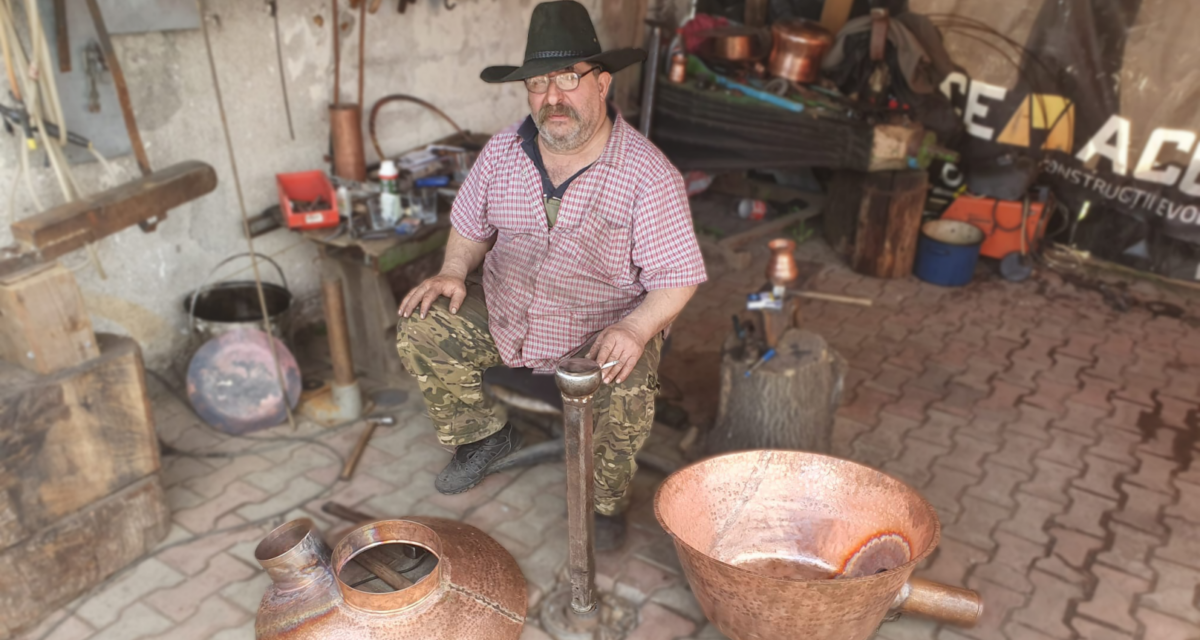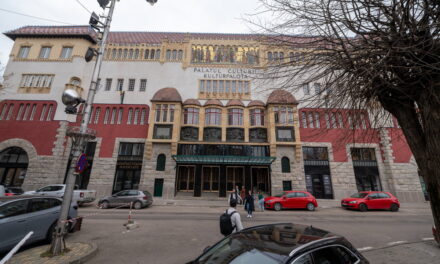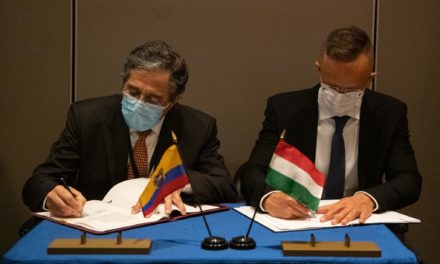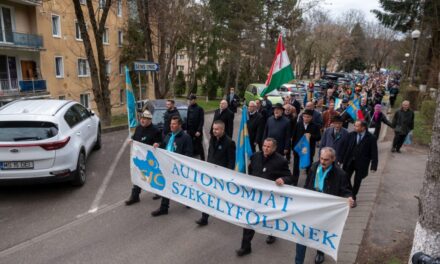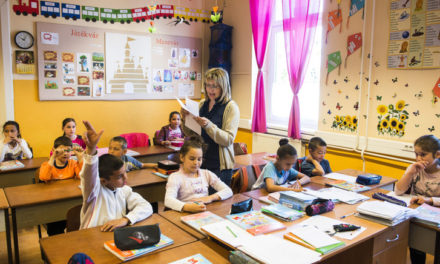He received the award for his acting from Ennio Morricone. Despite all this, Lali Gábor remained a coppersmith, pursuing the traditional craft of the Gábor gypsies at a high level.
Without exaggeration, it can be said that Gábor Lali, as he is referred to by all his acquaintances, although his first name is officially Lajos, is the best-known Gábor gypsy. Born in Nagyvárad and currently living in the village of Váradles in Bihar County, Lali was an active member of the Hungarian cultural life in Cluj-Napoca for many years, a permanent member of the bohemian intellectual society organized around the prosperous Francois Bréda/Ferenc Bréda.
novel Lali's Feasts , published in 2008 However, he was not only involved in literature as a source of inspiration, he also wrote poetry and prose himself, and also translated, at one time he was a regular participant in the literary circle of György Bretter, who nowadays bears the name of Ferenc Bréda.
"The pigeon (...) is the most subtle-minded bird"
The fact that he became a well-known figure is not due to his literary adventures, but to his forays into the world of film. Gábor Lali can claim to be an actor in two successful films, and in both he plays himself, an opportunity that only a few professional actors get.
Locksmith Róbert, Bahrtalo! in the neorealist comedy presented in 2008, whose other main character is Lóránd Boros, an equally colorful personality of Cluj's intellectual circles, Lóri searches for the shortest and easiest way out of penury between the treasured city, Austria and Egypt. The road movie, which fortunately mixes documentary and feature film elements, received an extremely favorable reception not only from the audience, but also from the critics: it received the Europe Cinemas Label East of the West award at the Karlovy Vary International Film Festival, and Lajos Gábor received the award at the Alatri Saturno International Film Festival. Awarded for Best Actor.
"Delivered by Ennio Morricone," he mentions with visible and understandable pride.
Gábor Lali's overflowing and limit-breaking individuality is alien to the ordinary and down-to-earth, so it is not surprising that in his animated short film Cecília Felméri, Mátyás, Mátyás, he appears sitting on the roof of St. Michael's Church. "The pigeon is the gentlest animal and the bird with the most delicate thinking," he says in the film, while the pigeons are pecking breadcrumbs from his palm, and the whole scene, despite its surreal atmosphere, or perhaps because of it, is completely authentic, 100 percent fake.
With his catfish moustache, wide-brimmed hat, loud speech, and broad gestures, he seems at first to be a typical gábor, although Gábor Lali cannot be put into any box, he stands out from all of them. At the same time, no matter how free-spirited a person is, who also feels that artistic self-expression is his own, he cannot be said to be aloof or wandering in the clouds in any way. He earns his living through hard manual work, in which he demonstrates great expertise.
From father to son
He learned tinsmithing and coppersmithing, which are traditional crafts of the Gabors, in the family, from his father and grandfather. As a teenager, he already visited the villages of Bihar with the older male members of the family, they made gutters, but also took on other types of tin work. As a young man, at the end of the 80s, he learned TV installation in a local cooperative, but then continued the family tradition.
He was working on brandy-making equipment in the Váradles workshop when I visited.
"I make it from copper sheet, it takes two weeks to make it"
- he explains, while the hammer clicks and the flame cutter prepared for soldering hisses. An attractive copper kettle stands on an anvil, a cozy accessory for drinking coffee. Also made here, in the workshop, the result of one day's work.
On the wall of the workshop at the end of the yard, there are a lot of tools, I don't even know the names of most of them. There is a large bellows in the corner, even his grandfather used it. He melts the metal himself, he knows such ancient soldering techniques, passed down from father to son, that today only the Gabors use in Europe, he says. He solders the brandy pot with copper wire, the blue flame first turns golden and then bright steel green, dancing on the curved surface of the copper plate. Lali is self-confidence incarnate, she shapes the material with precise movements.
He performs the finer, highly competent operations himself, his grown-up son with a family helps and works under him.
"Haven't you ever slapped your hand?" - I ask, while the hammer repeatedly hits the rim of the cauldron, 2-3 centimeters from his fingers. "Of course, many times," he replies. I don't know if I should believe it, there are no signs of a work accident on her fingers or nails.
It takes at least two years for a person to become a skilled coppersmith, he says. I listen in amazement, I would have guessed five or six years, although as far as I'm concerned, a lifetime probably wouldn't be enough for me to learn.
Lali has no standards
While we are talking, he lights up several times and pours a glass of vodka. If I hadn't known him for years, I would be shocked, because I know that the Gabors are Adventists, and as a result, they don't drink or smoke.
"Of all the Gypsies, the Gabors form the most closed community, they are the most conservative"
a good acquaintance of theirs told me recently. "Except for Lali," screamed the reporter, who was an eye and ear witness to the conversation.
"I don't have a standard. I just exist as a free man”
he said during our previous meeting. He seems authentic, his every gesture radiates vehemence and life affirmation. He seems like a real life artist, and he claims to be one. Besides, it's not good for a coppersmith either.
Featured image: Photo: Zoltán Pengő/Maszol

